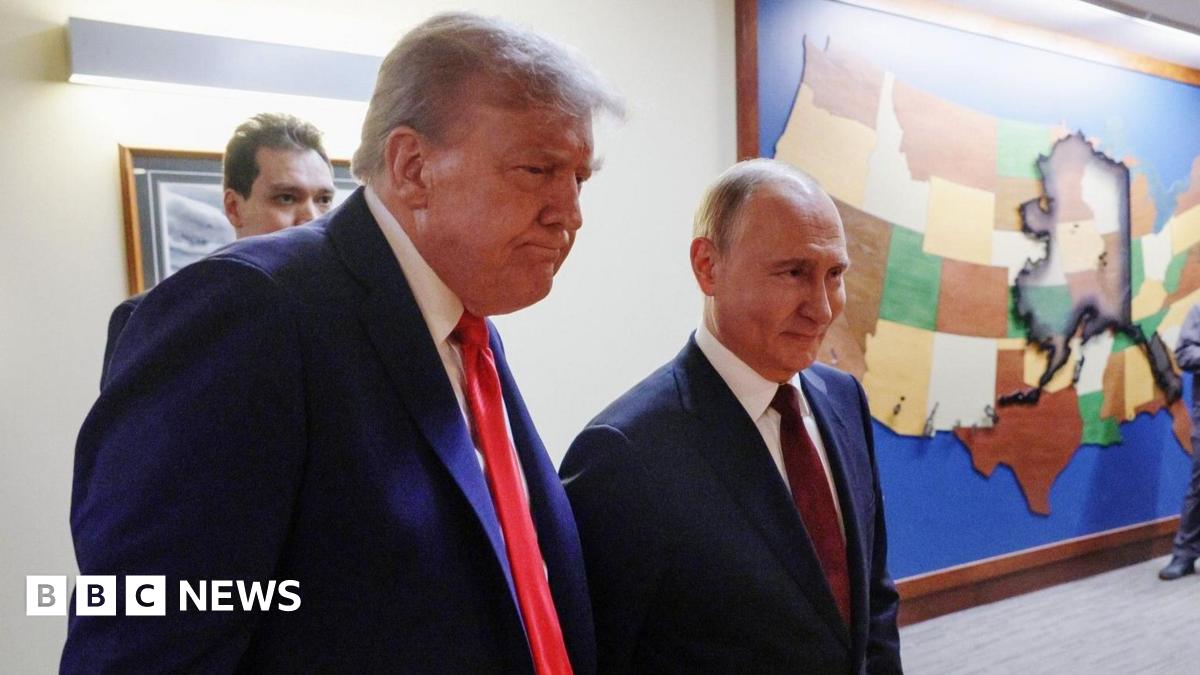Kremlin Remains Cautious on Peace Talks, Calls Trump-Putin Call 'Fairly Constructive' Amidst Doubts

Moscow has signaled a continued reluctance to commit to direct peace talks between President Putin and Ukrainian President Zelenskyy, despite ongoing international pressure. The Kremlin described a recent 40-minute phone call between President Vladimir Putin and former U.S. President Donald Trump as “frank” and “fairly constructive,” but stopped short of indicating any imminent willingness to engage in negotiations with Kyiv.
The call, which took place on Monday, has drawn mixed reactions globally. While the Kremlin highlighted the “fairly constructive” nature of the discussion, it emphasized that it did not represent a breakthrough or a commitment to formal peace talks. Russian officials have consistently maintained that preconditions must be met before negotiations can begin, including what they consider the “demilitarization and denazification” of Ukraine, as well as guarantees regarding Ukraine's future security alignment.
The cautious approach comes as Finland's Prime Minister, Petteri Orpo, voiced skepticism about the Kremlin's trustworthiness. Orpo's remarks underscored the ongoing concerns within the international community regarding Russia's intentions and the credibility of its commitments. His questioning of the Kremlin's reliability reflects a wider sentiment amongst Western leaders who remain wary of Russian actions and rhetoric.
Trump’s Role and Potential Implications
The fact that Trump, a figure known for his complex relationship with Putin and his isolationist tendencies, engaged in a lengthy phone call with the Russian leader has also raised eyebrows. Analysts are examining the potential implications of this conversation, speculating whether Trump might seek to mediate between Russia and Ukraine, or if the call served to simply reaffirm existing ties. Trump has previously expressed admiration for Putin and questioned the necessity of ongoing U.S. support for Ukraine, leading to concerns about his potential approach to the conflict should he return to the presidency.
The Kremlin’s framing of the call as “fairly constructive” suggests a desire to present a positive image of its relations with the United States, even as it remains at odds with Ukraine and many Western nations. However, the absence of any concrete steps towards peace talks indicates that Moscow's strategic goals remain unchanged, and that it continues to pursue its objectives in Ukraine through military and diplomatic means.
The Road Ahead: A Complex and Uncertain Future
The ongoing conflict in Ukraine remains deeply entrenched, with no clear path to a swift resolution. The Kremlin's reluctance to engage in direct talks, coupled with skepticism from Kyiv and its allies, paints a picture of a protracted and challenging situation. International efforts to broker a ceasefire or a negotiated settlement are likely to face continued obstacles, as long as fundamental disagreements persist regarding the terms of a potential peace agreement.
The situation demands careful diplomacy and a commitment to de-escalation, but also a realistic assessment of the challenges ahead. The international community must remain united in its support for Ukraine's sovereignty and territorial integrity, while also exploring all possible avenues for a peaceful resolution to this devastating conflict.






